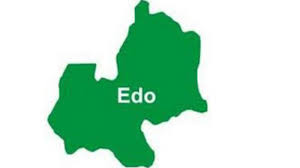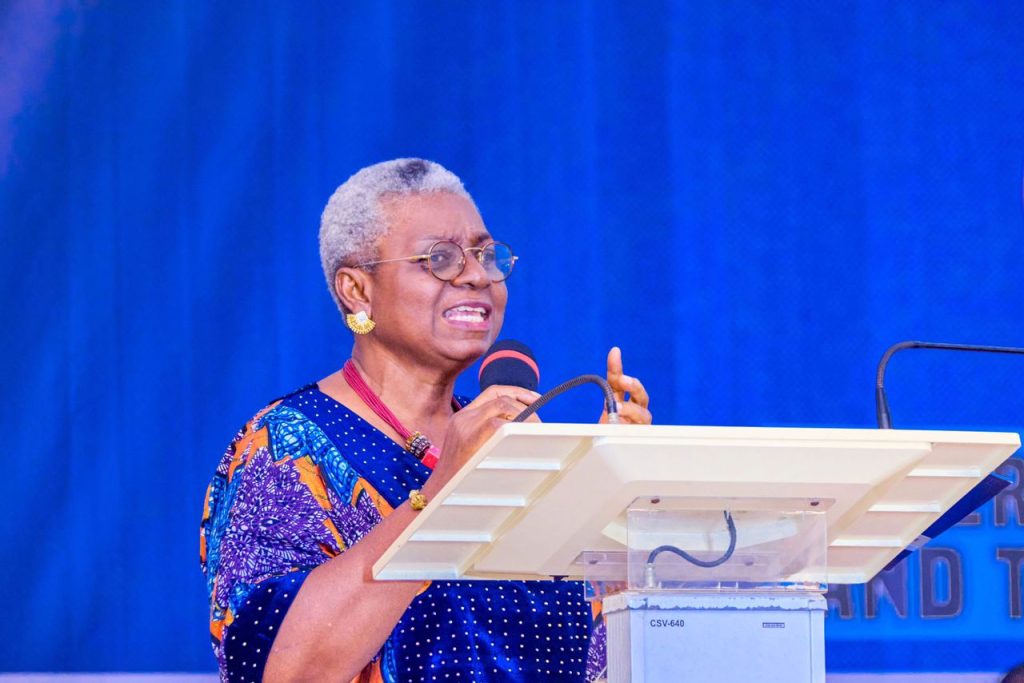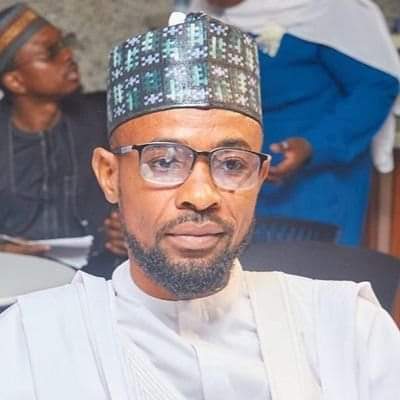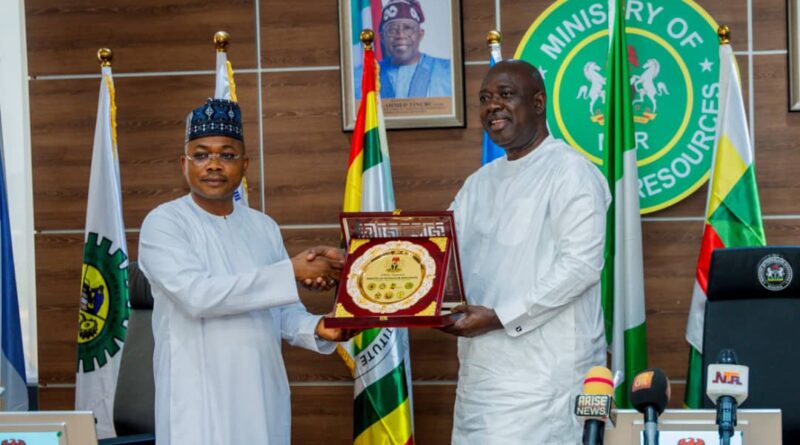Who Is Tim Walz? Everything You Needs To Know About him

Vice President Kamala Harris has officially chosen Minnesota Governor Tim Walz as her running mate in the upcoming presidential election.
As the 60-year-old Democrat steps into the national spotlight, here’s what you need to know about him, as reported on USNews.
A Representative of Rural America
Tim Walz hails from West Point, Nebraska, a small town with a population of about 3,500.
After joining the Army National Guard, Walz moved to Minnesota in the 1990s, where he taught social studies and coached football at Mankato West High School.
His leadership was evident when he coached the team to its first state championship in 1999.
Walz’s military career spanned 24 years, culminating in his retirement as a command sergeant major in 2005.
Connecting with Conservative Voters
Walz has a track record of appealing to a diverse electorate. In 2006, he won his first congressional race by defeating a six-term Republican incumbent, capitalizing on public discontent with the Iraq War and President George W. Bush.
During his six terms in the U.S. House of Representatives, he became a notable advocate for veterans’ issues, showcasing his ability to connect with constituents across the political spectrum.
A Strategic Choice for the Midwest
While Minnesota is not part of the critical “blue wall” states, Walz’s proximity to Wisconsin, Michigan, and Pennsylvania makes him a strategic asset for Harris.
His presence on the ticket is expected to solidify Democratic support in Minnesota, a state that has not elected a Republican to statewide office since 2006.
Former President Trump has targeted Minnesota in his campaign, making Walz’s role even more crucial.
Walz’s campaign themes have resonated in the Rust Belt, focusing on workers’ rights, union organizing, and a $15-an-hour minimum wage.
Navigating Divided Government
As governor, Walz has faced challenges in a divided government.
In his first term, he contended with a Democratic-led House and a Republican-controlled Senate, which often resisted his proposals for increased funding for education and healthcare.
Despite these challenges, he brokered bipartisan compromises, showcasing his ability to govern effectively in a politically charged environment.
His second term saw a shift in dynamics following the Democratic gains in the legislature.
Walz has since championed progressive policies, including the elimination of many abortion restrictions and the legalization of recreational marijuana.
He has prioritized funding for free school meals and public college tuition for low-income families, rejecting Republican calls for tax cuts.





